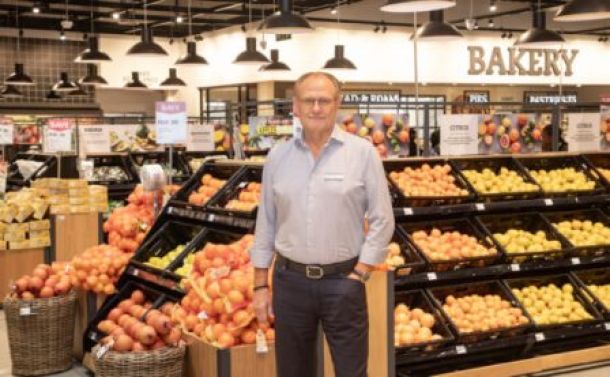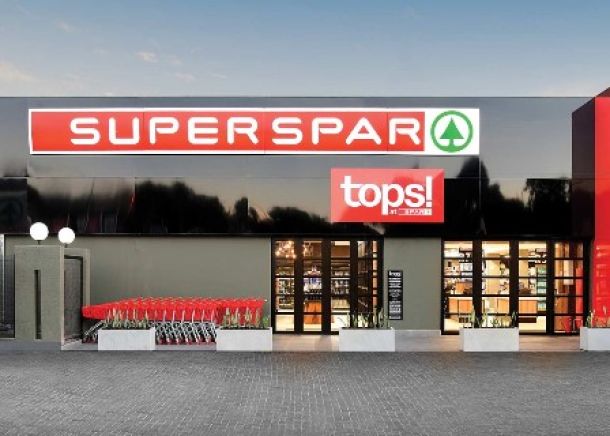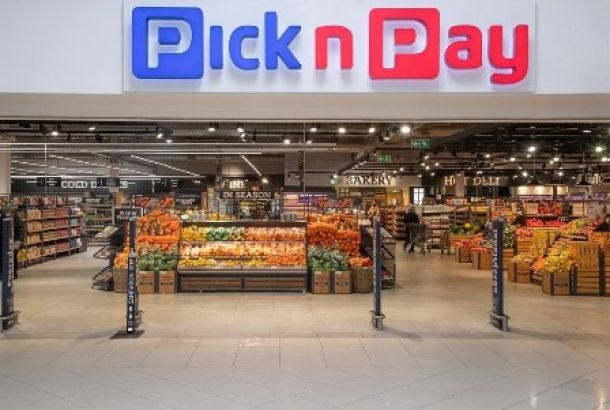Tiger Brands shares slump in wake of trading update
Tiger Brands, which has spent the past year doing damage control in the wake of the listeriosis outbreak of 2018, says it has made “good progress” in its plans to sell its Value-Added Meat Products (VAMP) division.
The company's shares fell by over 7% on Wednesday morning after it released a trading update. It said its headline earnings – the best measure of profitability as it focuses only on operations and ignores once-off transactions – are expected to be between 30% and 37% lower than the 762 cents reported in the six months to March 2019.
Earnings per share for all operations in the area expected to be at least 36% lower in the six months to March 2020, compared to the 864 cents reported over the same period last year.
The VAMP business includes brands such as Enterprise, Renown, Mielie-Kip and Bokkie. It is the same business that was forced to temporary close manufacturing facilities due to a listeriosis outbreak in 2018.
Tiger Brands said in a trading statement on Wednesday that it has received several non-binding indicative offers for the VAMP business, and has started formal due diligence processes with certain bidders. The food producer, which also owns brands including, Jungle Oats, Purity and Albany Bread, said it would likely conclude the sale of the VAMP divisions after March 31, 2020.
“Good progress has been made in this regard; however, several issues are subject to clarification and discussion between the various parties and, as such, no definitive agreements have been concluded at this stage,” said Tiger Brands in a statement.
The group first announced its intentions to sell its VAMP divisions last year after re-opening its manufacturing facilities. It said after careful consideration, its board felt that the business was “not an ideal fit” within the group's portfolio.
The disposal of the VAMP business comes as Tiger Brands faces a class action legal process linked to the listeriosis outbreak. The class action was certified by the High Court in December 2018 and it is still at pre-trial preparation. The case is scheduled for a court hearing between May 13 and 15 this year. The company said the sale would not in any way affect its commitment to the class action.
While the sale of the VAMP business will bring the group one step closer to putting the listeriosis outbreak episode behind it, the company is also grappling with new challenges which threaten to shrink its earnings.
The food producer said it was struggling with declining volumes, particularly in its grains portfolio. A legal dispute with its former distributor in Nigeria resulted in virtually no sales into that country. Nigeria has proven to be a challenging market for Tiger Brands lately. The group closed its loss-making operations at Deli Foods in Nigeria in October 2019. Given the legal dispute with the former distributor, which has been adjourned to mid-March 2020, Tiger Brands expects its export division to suffer.
“A resolution, if reached, is unlikely to have a positive effect on trading in the second quarter,” the company wrote in its trading update.
News Category
- International retailers
- On the move
- Awards and achievements
- Legislation
- Wine and liquor
- Africa
- Going green
- Supplier news
- Research tools
- Retailer trading results
- Supply chain
- Innovation and technology
- Economic factors
- Crime and security
- Store Openings
- Marketing and Promotions
- Social Responsibility
- Brand Press Office
Related Articles

Pick n Pay plunges 16% on JSE as stock adjusts ...

SPAR suffering from a hangover

Pain for Pick n Pay

Pick n Pay disaster


